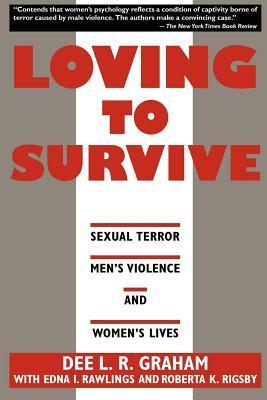What do you think?
Rate this book


346 pages, Paperback
First published July 1, 1994
“It was as though he wanted to annihilate me. More than the slapping, or the kicks… as though he wanted to tear me apart from the inside out and simply leave nothing there.”
“When men discuss with one another their sexual relations with women, they are being (covertly) sexual with one another… although they have sex with women, their emotional bonds are with one another. They are saying to their male companions, ‘You are more important to me than the woman with whom I had sex.’ The companions are invisible, but they are there with the man doing the ‘fucking,’ sharing in his victory of the exploitation of a woman, the men’s bonds strengthened by the sharing, united in their subjugation of femaleness.”
“Societal Stockholm Syndrome theory suggests that women are more likely to put men’s interests, feelings, and needs before our own when our survival is dependent upon men’s good will. The more dependent women are on men during any given period in history, the more likely we are to show these ‘selfless’ behaviors. Whether the norms put forth in the magazines are traditional or liberal, the message that women are still responsible for the emotional climate of the relationship remains unchanged."
“If women stopped being feminine, would men love us even less than they do now? If men stopped loving women, would we be left all alone? And wouldn’t women lose access to men’s money, power, and prestige? If men no longer loved women, would women be able to survive? Would we even want to?”